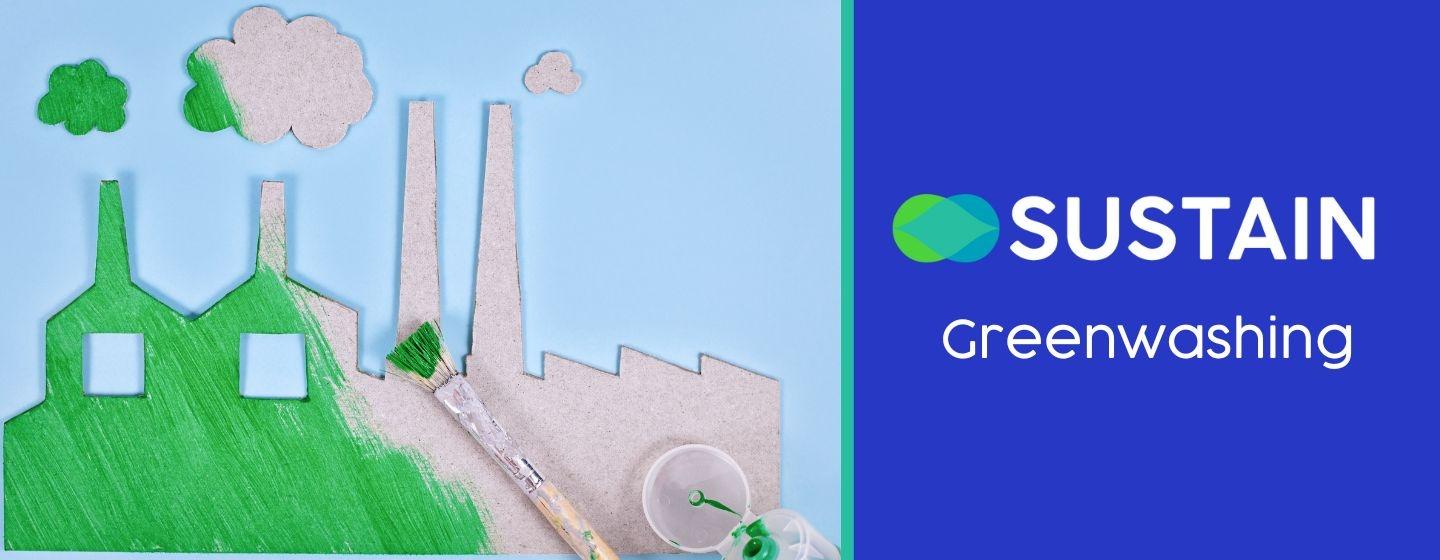Greenwashing


As you move towards a more sustainable lifestyle, it's essential not to fall prey to "greenwashing." Greenwashing is a marketing tool companies use to help them appear more environmentally friendly. From misleading labels to elaborate media campaigns, these tactics are deceptive to the consumer.
Greenwashing isn't a new term, or something businesses are just starting to use. For example, in the 1960s, hotels began saying, "save water, reuse your towels." The main focus of this new pitch was to save on laundry costs.
Greenwashing can be hard to detect, but it's essential to be able to spot the warning signs. One of the major ways to spot greenwashing is to look for false claims or vague language. If a company is advocating its green impacts or "eco-friendly" products but is not talking about how they are helping the environment, you might want to keep researching.
Terms like "natural, "renewable," "eco-conscience," and "sustainable" are all unregulated words that companies can use in their marketing. Minimalist, wood, and leaf-patterned designs on the packaging are also red greenwashing flags. Just because it looks "sustainable" does not mean it is.
Check out your favorite products' certifications to see if they are legit and up to date. It's always good to research how the company is specifically affecting the environment.
Together, as we move toward a sustainable lifestyle, we encourage you to take small steps, such as researching your favorite "eco-friendly" products to ensure they really are helpful for the environment.
----------------------------------------------------------------------------
Did you learn something? Please take a moment to answer our short survey. Follow along with WEDU PBS as we share resources to help you live a more sustainable life. Sign up for our email newsletters to stay up to date with all things Sustain.